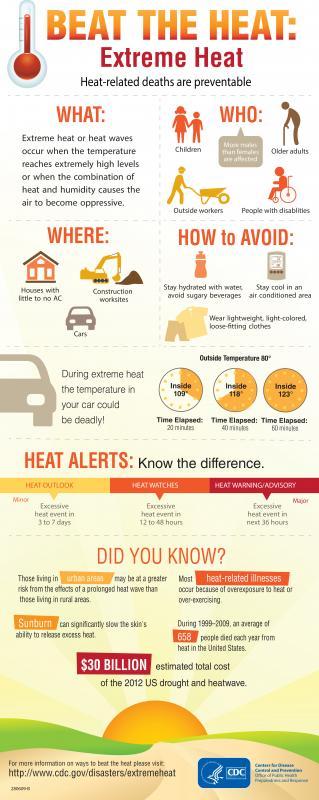Marion releases heat tips
Jul 17, 2019
MARION — Fire Chief Brian Jackvony released safety precautions for summer activities, especially those that take place outdoors, on July 17.
"Parents should limit their children's playtime outside during the hottest hours of the day," Chief Jackvony said. "Playground equipment and pavement could be extremely hot to the touch and can cause serious burns if kids come in contact."
Temperatures this past weekend were in the 90s.
To prevent illness and injuries, the Marion Fire Department recommends the following safety tips from the American Red Cross and National Safety Council:
- Hot cars can be deadly. Never leave children or pets in your vehicle. The inside temperature of the car can quickly reach over 100 degrees, even on a 70 degree day.
- Stay hydrated by drinking plenty of fluids, like water.
- Check on family, friends and neighbors who do not have air conditioning, who spend much of their time alone or who are more likely to be affected by the heat.
- If someone doesn’t have air conditioning, they should seek relief from the heat during the warmest part of the day in places like libraries, theaters and malls.
- Wear loose-fitting, lightweight, light-colored clothing. Avoid dark colors because they absorb the sun’s rays.
- Slow down, stay indoors and avoid strenuous exercise during the hottest part of the day, which is typically around 3 p.m.
- Postpone outdoor games and activities if the temperature is too hot.
- Avoid extreme temperature changes.
- Take frequent breaks if working outdoors.
- Check on animals frequently to ensure that they are not suffering from the heat. Make sure they have plenty of cool water.
- Learn to recognize and treat heat illnesses.
Tips for parents:
- Limit playtime at peak sun exposure time and familiarize yourself with the signs of heat illnesses.
- Avoid playground burns. If playground equipment is hot to the touch, it is too hot for your child’s bare skin.
To learn more about summer safety, visit the American Red Cross or National Safety Council websites.















